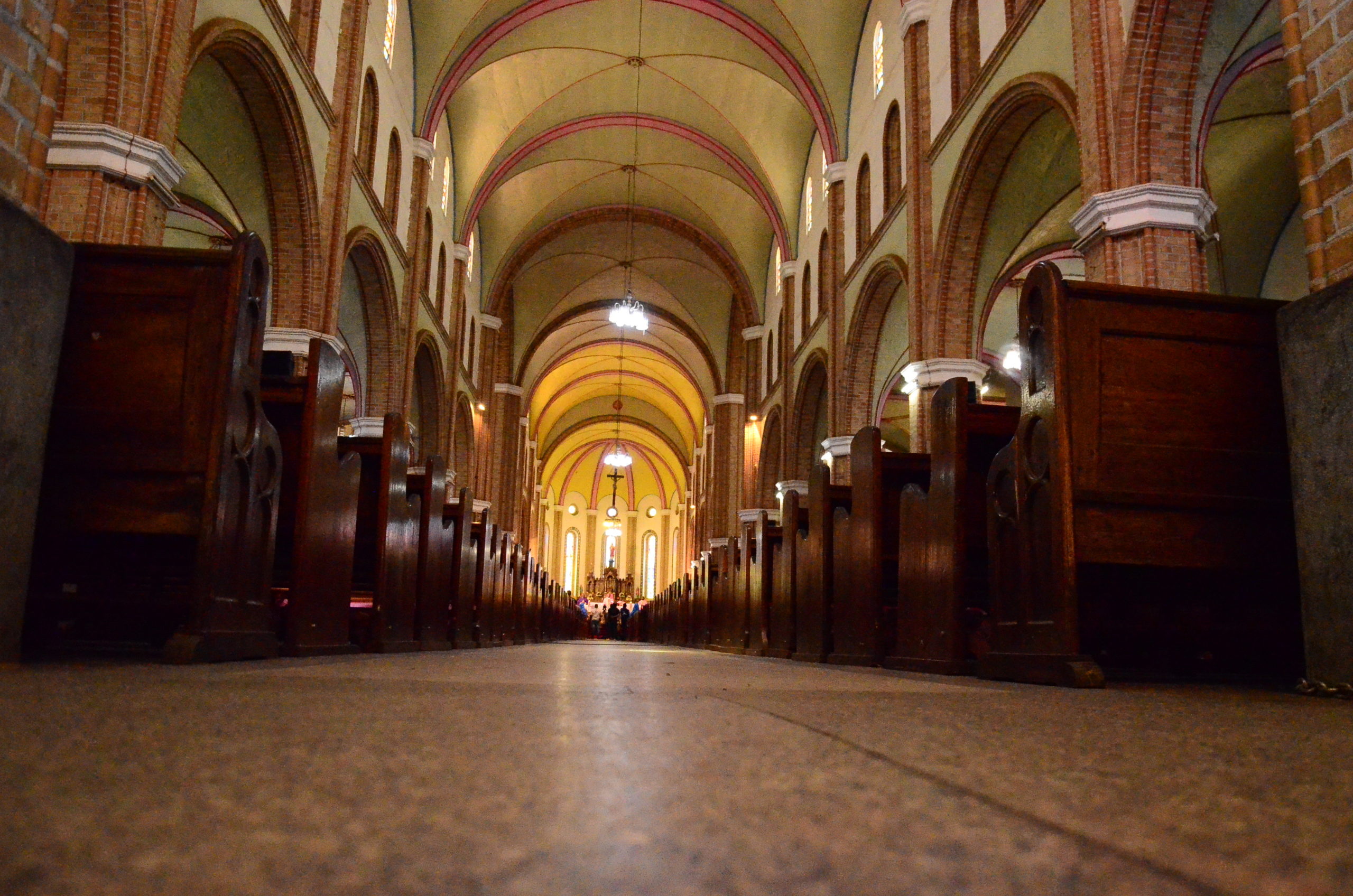By: Robert Madoi
The Covid-19 pandemic’s attendant effects on faith communities have been deeply uncomfortable. When the first wave of the coronavirus outbreak was at its most intense, mosques cancelled Friday prayers and churches locked their doors following a March 18, 2020 presidential decree. With religious services suspended, faith leaders brushed up their knowledge on technology to allow worshippers experience something different. The mere mortals in Uganda — who felt like the earth was shifting beneath their feet — had to transfer their faith to a virtual world as preachers took to the pulpit to talk to empty pews.
The pandemic essentially picked a fascinating time in which to trigger an eerie silence. A deluge of faith festivals and holy days took place a month into the Great Lockdown. Rama Navami, an important Hindu festival, occupied April 2, with the Sikh festival of Vaisakhi panning out 11 days later. In between, the Passover began on April 8 and four days later Easter masses/services were being held. The Islamic holy month of Ramadan — where Muslims fast from dawn until sundown — then took centre-stage around April 23 with mosques closed to evening prayers and feasting (iftar). Ugandans celebrated these festivals in near solitude, and also had to adapt to the new circumstances when Martyrs Day blipped on the radar in June.
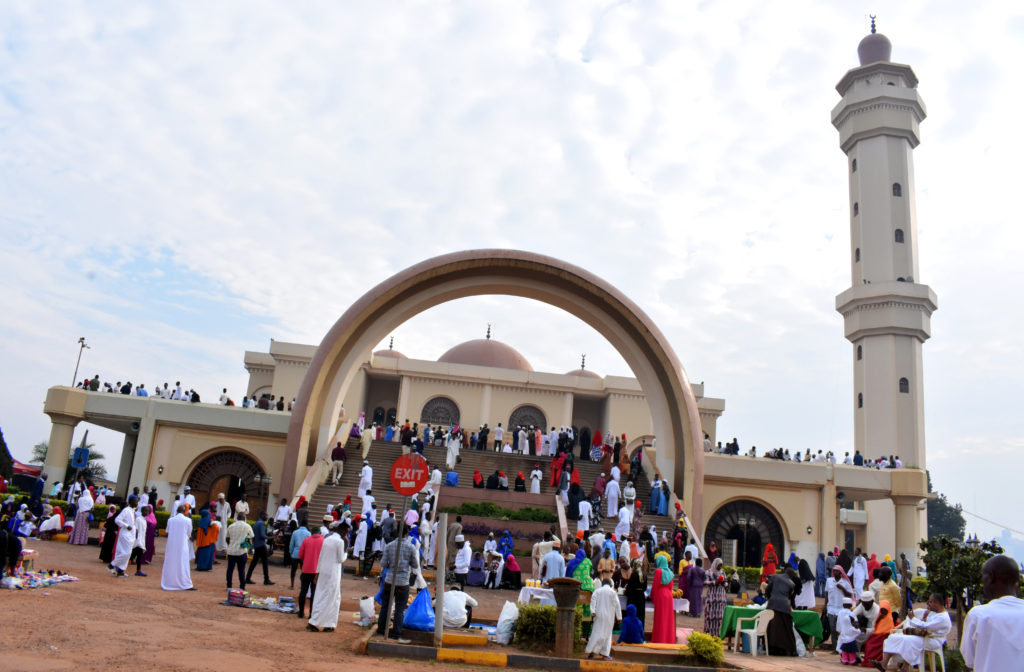
New virtual world
The new experimentation with livestreams and all things virtual was rough around the edges, but Ugandans persisted regardless. Many found refuge in the virtual world. They weren’t alone. Globally, Google searches for “prayer” spiked by 50% as people desperately hankered after some semblance of divine connection and comfort. Such desperation from Africans is unsurprising if anything because commitment is glimpsed in repeated acts of faith. A 2018 Pew Research Centre survey found that 60% of Christians in more than 30 sub-Saharan Africa countries say they attend church at least weekly. The study put weekly worship attendance in Uganda at 83%, with 86% of the sample size affirming that religion is very important in their lives. Pre-pandemic, anecdotal evidence suggested that most of the attendees went to punishing lengths to offer tithes and offerings.
So, when houses of worship stopped in-person services to try to control the spread of coronavirus, the scale of the hit to their coffers was bound to wreak intolerable damage. It is hard to estimate how ruinous the pandemic has been mostly because opacity is the character trait of many houses of worship in Uganda. Statistics that came out of last month’s fourth Economic Growth Forum however make it excruciatingly obvious that there is a constriction of disposable incomes. Ugandans have confronted an extraordinary set of circumstances that has put a huge amount of pressure on their finances.
Many Kampala residents have exhausted most or all of their savings. A study by International Growth Centre Uganda for instance discovered that 68% of people whose abode is Kampala reported some form of loss in income. A further 72% of residents in areas other than the capital have seen their incomes plunge. With Ugandans finding themselves suddenly close to the edge (3.2 million are expected to fall into poverty as a result of the pandemic), faith leaders have good reason to worry. Income of houses of worship, which for the most part comes from weekly donations, looks primed to continue plummeting.
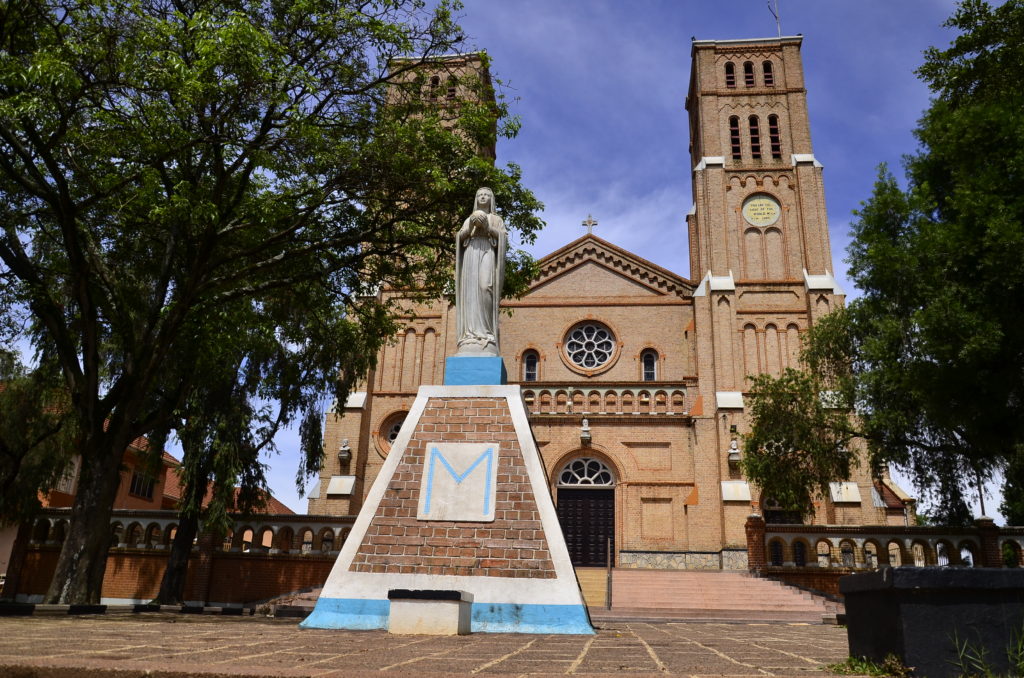
Putting on a brave face
Watoto Church is one of a handful of transparent houses of worship in Uganda. Its 2018 financials capture a stream of $4,054,974 in revenue. The lion’s share of this revenue came through donations and gifts ($3,857,325). That performance was a marginal dip from 2017 where $4,679,980 was raked, with $4,266,667 coming via donations and gifts. Although the church has made a good fist of diversifying its revenue streams, the pandemic has still formed a haunting subtext. Vox Populi understands employees of the church’s controlled entities have consequently taken pay cuts.
During the church’s vision weekend at the backend of August, associate team leader Julius Rwotlonyo struck a fine balance between conjuring a distant sun-kissed future and stormy present realities. He acknowledged that, “Covid-19 has affected our operations, but our vision is still alive…Our future is amazing.” Watoto Church’s sun-kissed future involves adding to their multisite campuses totaling 36 as well as executing “some big plans for our downtown building.” Rwotlonyo added: ‘We shall build schools in all our campuses that are going to provide quality education. We also intend to set up an agricultural institute in Northern Uganda.”
Rather than being thrown off their trail, Watoto Church wants to make the most of the fundamental recalibration brought on by the pandemic. It, Rwotlonyo said, is “going to leverage technology and media and spread the good news.” While the IT-savvy church may not walk haltingly in the virtual world, there is a clear danger that it could well lose members — and their cash. Its Missions Miracle Offering (MMO) that comes up during the second Sunday of November will as such be a stress test of sorts. Along with tithes plus offering and sponsorships, MMO offers church members a vehicle to use to give.
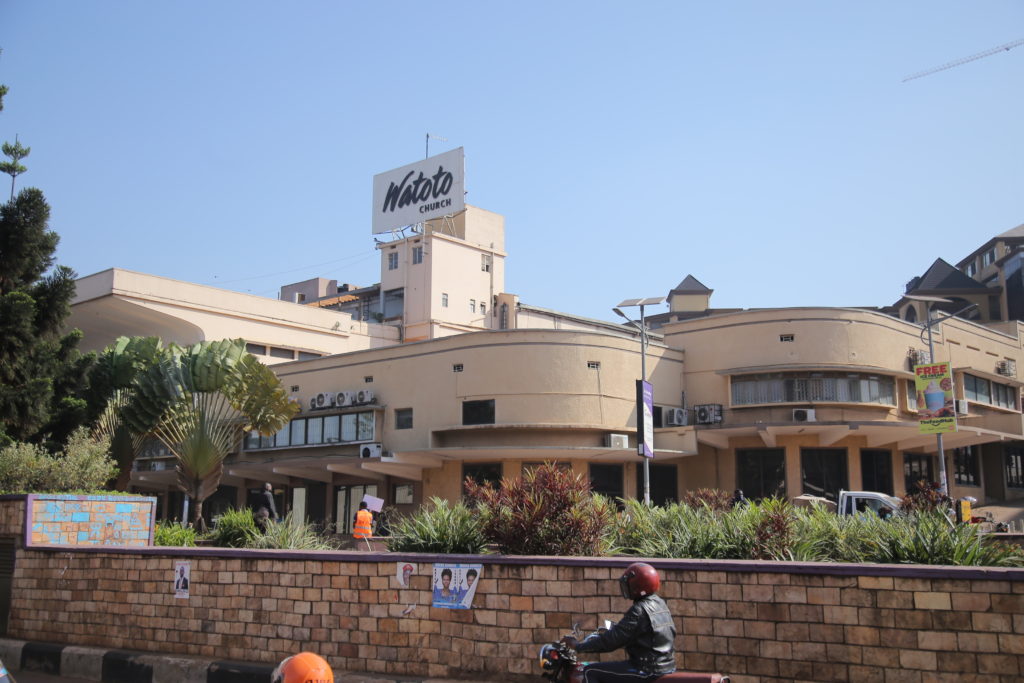
In years gone by, the church has almost effortlessly raised in the excess of an eye-watering $1,000,000 during respective MMOs. Remarkably, the money raised is almost entirely given away. With in-person services limited to a handful of people to help protect public health, digital services will do the heavy lifting during this year’s MMO. This has however, not compelled the church to be less sanguine about the forthcoming event. Rwotlonyo says he is “excited” about what lies ahead. But, with the legacy of the pandemic including millions of long-term unemployed and accelerated digital disruption, maybe caution should be the byword.
Tough road ahead
While Watoto Church has passed up the opportunity to welcome no more than 70 parishioners apiece in its campuses (as the government stipulates), other churches have opened their doors. The tiny church congregations have discovered that an even tinier pathogen — COVID-19 — has transformed traditional religious services and ceremonies. There is for instance a ban on sharing communion cups and placing wafers directly on the tongue. Relatedly, the practice of intinction or dipping wafers in wine is still being frowned upon.
All indications are that large-scale assemblies will only see the light of day once a vaccine is discovered. While the merits of operating at limited capacity and reduced hours are not in dispute, the financial implications will be particularly biting. The sum total of those cancelled baptisms and weddings could well be a sledgehammer blow. This is especially true for the small churches for whom the pandemic has cast a particularly long shadow. Their predicament has been ignored or barely mentioned, but the effects will be conspicuous.
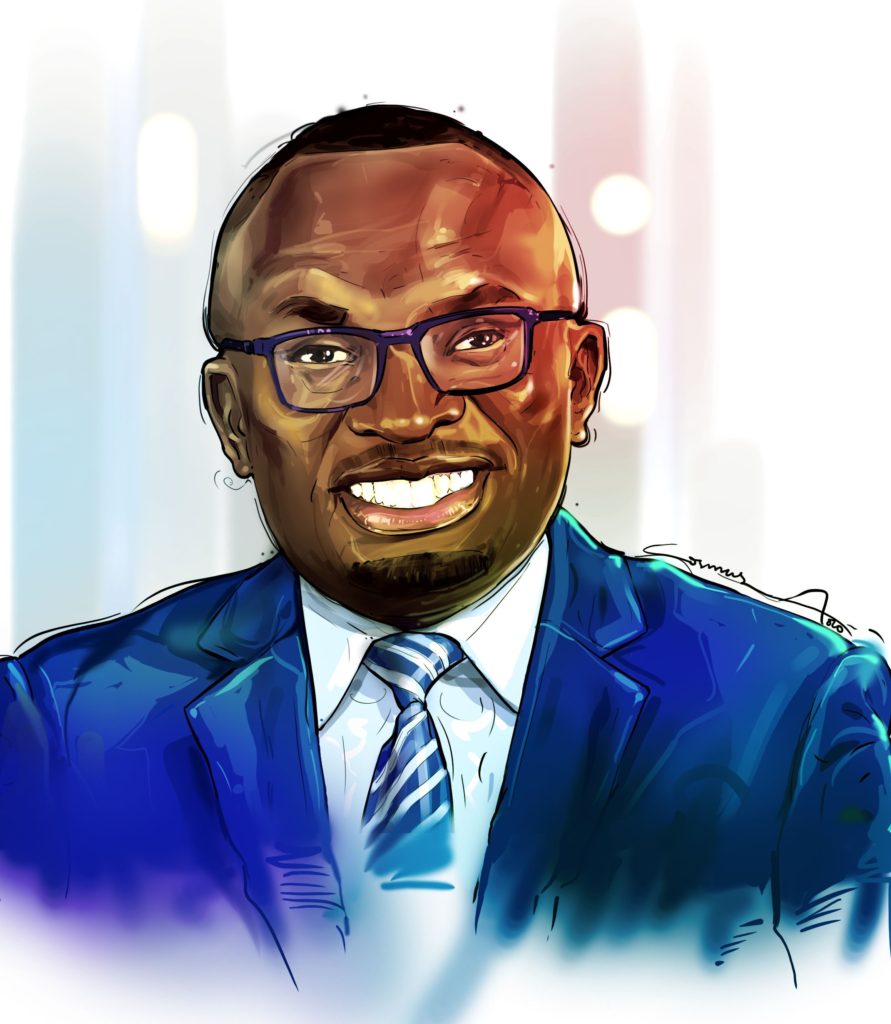
Robert Madoi is a senior journalist, editor and academic based in Kampala.


